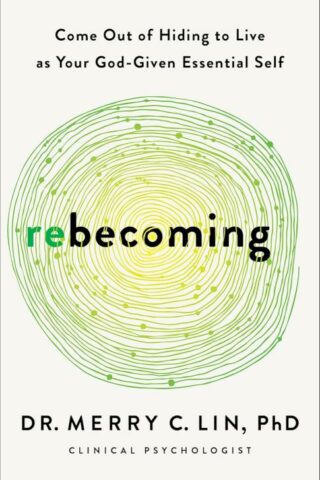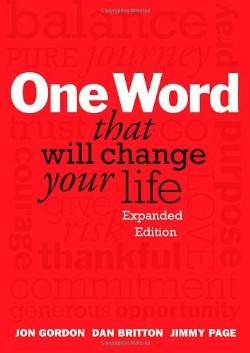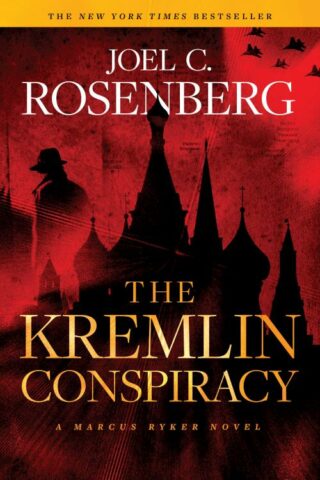Sun 8:30 a.m.-1 p.m., Tue-Thu 9 a.m.-2 p.m., Sat 3:30-6:30 p.m. | 630 E. University Dr. Granger, IN 46530 | (574) 243-2020
Category
- Apparel
- Audio Bibles
- Audio Books
- Adventure Fiction
- Character Development
- Children's Fiction
- Fiction
- Historical Fiction
- Juvenile Fiction
- Bible Language Tools
- Biblical Studies
- Biographies
- Business
- Church History
- Contemporary Fiction
- Discipleship
- Inspirational
- Leadership
- Men
- Pastoral Helps
- Personal Finance
- Politics
- Prayer
- Promises
- Single Living
- Spiritual Warfare
- Suspense Fiction
- Theology (Exegetical Historical Practical etc.)
- Women
- Bibles
- Bibles (Spanish)
- Book and Bible Accessories
- Books
- Books (Spanish)
- Activity Books
- Angelology
- Apologetics
- Archaeology
- Bible Dictionaries
- Bible Language Tools
- Bible Studies
- Biblical Studies
- Biographies
- Business
- Character Development
- Children's Ministries
- Christian Education
- Christian Living
- Christology (Theology of Jesus Christ the Son)
- Church History
- Church Life
- Commentaries
- Communion
- Contemporary Fiction
- Denominational Concerns
- Dictionaries
- Divorce
- Encouragement and Lay Counseling
- Evangelism
- Faith
- Family Concerns
- Fiction
- Forgiveness
- Handbooks
- Health and Diet
- Hermeneutics
- Historical Fiction
- Home Schooling
- Journals
- Juvenile
- Leadership
- Love and Marriage
- Marriage Difficulties
- Men
- Missions
- Music Book
- New Christian Advice
- Other Religions
- Parenting
- Personal Finance
- Picture Books
- Preaching
- Program Resources
- Quotes and Fillers
- Self Help
- Sexuality
- Single Living
- Social Issues
- Spiritual Warfare
- Suspense Fiction
- Teen
- Theology (Exegetical Historical Practical etc.)
- Worship
- Youth Ministry
- Adult Ministries
- Advent
- Adventure Fiction
- Aging
- Allegorical Fiction
- Anthropology
- Atlases Charts and Maps
- Bible Personage
- Bible Story Books
- Biblical Fiction
- Biblical History
- Bilingual Books
- Careers
- Catholic
- Children
- Children's Fiction
- Christmas
- Church Administration
- Church Finance
- Church Management
- Classic Books
- Comparative Religions
- Counseling
- Cults and The Occult
- Dating and Sex
- Death and Dying
- Decision Making
- Devotional
- Discipleship
- Easter
- Educational
- Eschatology (End Times)
- Essays
- Ethics
- Family Entertainment
- Fantasy
- Fathering
- Friendship
- Futuristic Fiction
- General Fiction
- Gift Books
- Grief and Consolation
- Healing
- Humor
- Inspirational
- Juvenile Fiction
- Lent
- Liturgy
- Manners and Customs
- Marriage Preparedness
- Mini Books
- Mothering
- Multi-Cultural
- Pastoral Helps
- Philosophy
- Pneumatology (Theology of the Holy Spirit)
- Politics
- Prayer
- Promises
- Prophecy
- Psychology
- Puzzles and Games
- Recovery
- Romance Fiction
- Sacraments
- Salvation
- Science and Faith
- Sermons
- Short Stories
- Stewardship
- Story Books
- Theology Proper (God The Father)
- Tracts and Booklets
- Trivia and Q&A
- Women
- Church Supplies
- Food and Drinks
- Games and Toys
- Granger
- Home Decor
- Jewelry
- Kitchen and Dining
- Misc. Gifts
- Novelties
- Paper Products
- Recorded Music
- Stationery and Cards
- Videos
- Videos (Spanish)
- Wall Decor










